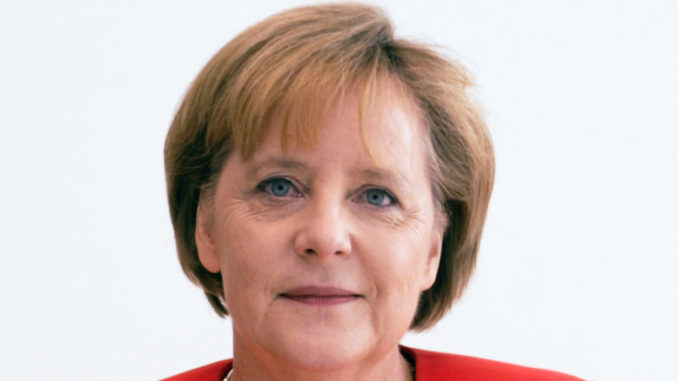
German Chancellor Angela Merkel faced a direct threat to her position this week when Horst Seehofer, her Interior Minister, threatened to resign on Sunday. It was not the offer of personal resignation which endangered Merkel – Cabinet Ministers can be replaced – but rather Seehofer’s position as head of the Christian Social Union party and the probable dissolution of the ruling alliance.
The coalition between the Christian Democratic Union /CDU (Merkel’s party) and the Christian Social Union / CSU (Seehofer’s party) has been endangered in recent weeks over the CSU’s stronger stance against immigration. Together the pair hold 246 seats in Germany’s Bundestag; no other party nor, indeed, any possible two-party alliance holds more (the Social Democratic Party /SPD holds 153 and the Alternative for Germany / AfD holds 92). (Bundeswahlleiter) The CSU holds only 46 if the 246 seats in the alliance, but if they had departed, the SPD would have had an opening to form a coalition with another party (likely another pro-socialist party) to replace Merkel.
Merkel and Seehofer entered immediate talks on Monday. They emerged from those talks with firm new rules on border crossings and a declaration of unity.
Both have, predictably, been subsequently attacked for moderating their position on immigration. Of the pair, Seehofer was damaged more. The concessions Merkel gave are material: refugee holding centers, new rules for removing refugees back to the country from which they came, and faster requirements for processing. The reactions from some were acidic; the New York Times, for example, focused on Merkel opening “border camps” as a craven reaction to Seehofer’s threat.
In reality, however, the agreement between Merkel and Seehofer virtually mirrored the policy Merkel had already arranged during an EU meeting in the prior week. By anticipating Seehofer’s demands and convincing him to accept the new EU-cleared rules, Merkel was the clear winner in the exchange. (Sydney Morning Herald)
Those policy changes had come about due to internal frictions over immigration which had become evident from German elections (where the anti-immigrant AfD’s massive gains in recent elections despite inter-party conflict over racist and extremist statements from some AfD politicians.) (DW) The CSU, holding a stronger stance against continued immigration than does the CDU, saw a chance to make inroads against the AfD as a party that would stand firm against further immigration but would not welcome extremists. (Success in that regard would result in a stronger hand for Merkel, should the CSU/CDU coalition continue, which further complicated the matter.) Seehofer’s hamfisted and transparent maneuvering likely did his party little good on this occasion, however.

1 Trackback / Pingback
Comments are closed.